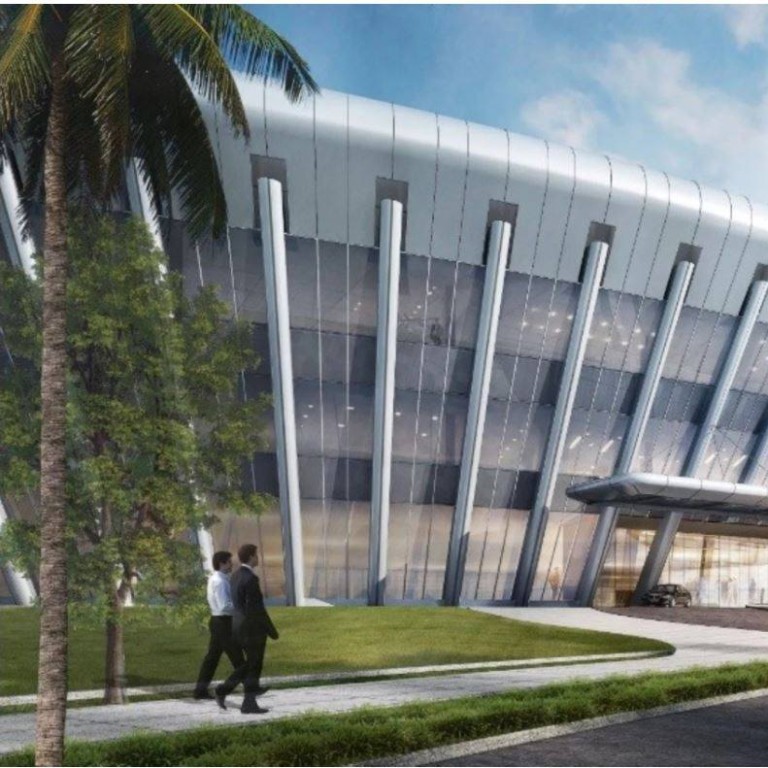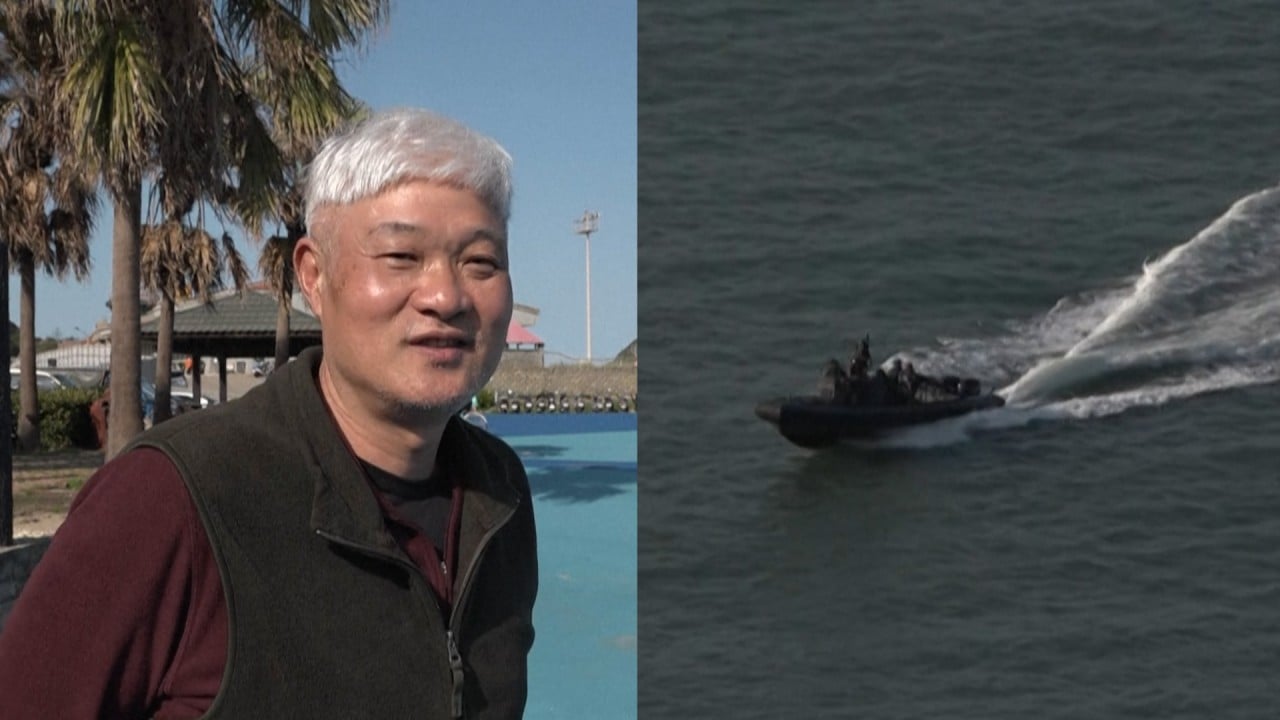
Taiwanese workers leaving mainland China over Covid-19, political tensions, factory departures
- Just 163,000 Taiwanese worked in mainland China in 2021, down from over 400,000 in 2011, with the total having fallen for eight consecutive years
- Zero-Covid restrictions on cross-border movement are seen to have deterred some workers, along with the rising costs of business and the US-China trade war
The Taiwanese workforce based in mainland China shrank by nearly two-thirds over the past decade, according to a government report in Taipei, a trend that analysts link to new business obstacles, zero-Covid rules and increased political tensions.
Just 163,000 Taiwanese worked in mainland China in 2021, making up 51 per cent of the island’s total population working offshore, the Directorate General of Budget, Accounting and Statistics said in an annual report on overseas labour released on Tuesday.
It marks a decrease of 261,000 from over 400,000 in 2011, with the total having fallen for eight consecutive years up to 2021, the report added.
Taiwanese were among the first offshore investors in mainland China, having opened factories as far back as the 1980s to ride an economic upsurge that came as Beijing began allowing foreign capital.
Mainland China is less friendly now for foreign businesses. The workers will move in step with their employers
Some Western multinationals have also hired Taiwanese employees to help manage their mainland properties.
But rising costs of business and increased US tariffs on mainland-based exporters since the China-US trade dispute launched in 2018 have pushed some Taiwanese investors to shift production to Southeast Asia, particularly Vietnam.
The number of Taiwanese working in Southeast Asia increased from 2017 to 2019, the government report showed.
“Mainland China is less friendly now for foreign businesses. The workers will move in step with their employers,” said Darson Chiu, a research fellow with the Taiwan Institute of Economic Research in Taipei.
Mainland China’s zero-Covid restrictions on cross-border movement deterred some Taiwanese workers, said Chen Yi-fan, an assistant professor of diplomacy and international relations at Tamkang University in Taipei.
Taiwan, along with mainland China, imposed “quite restrictive” coronavirus policies, said Zhang Zhiwei, a chief economist at Pinpoint Asset Management in Hong Kong.
From early 2020 until the end of last year, both sides required travellers to stay in quarantine, which meant hotel bills and travel delays.
“A round trip would take weeks of quarantine time,” Zhang said. “I think this is a key reason. The trade war may be less important than the Covid policies, as relocation of supply chains is a slow process.”
People feel it is not as safe to live and stay in China as it used to be
A pivot by flagship tech firms, such as Taiwan Semiconductor Manufacturing Company (TSMC), to new destinations means workers are shifting away from mainland China, Chen added.
TSMC, the world’s biggest contract chip maker, is building production bases in the United States and Japan to protect itself against growing geopolitical risks.
The US site, in the state of Arizona, is already recruiting Taiwanese citizens.
Political tensions between mainland China and Taiwan that have bubbled up since 2016 are further deterring workers, Chen said.
“People feel it is not as safe to live and stay in China as it used to be,” Chen said.


